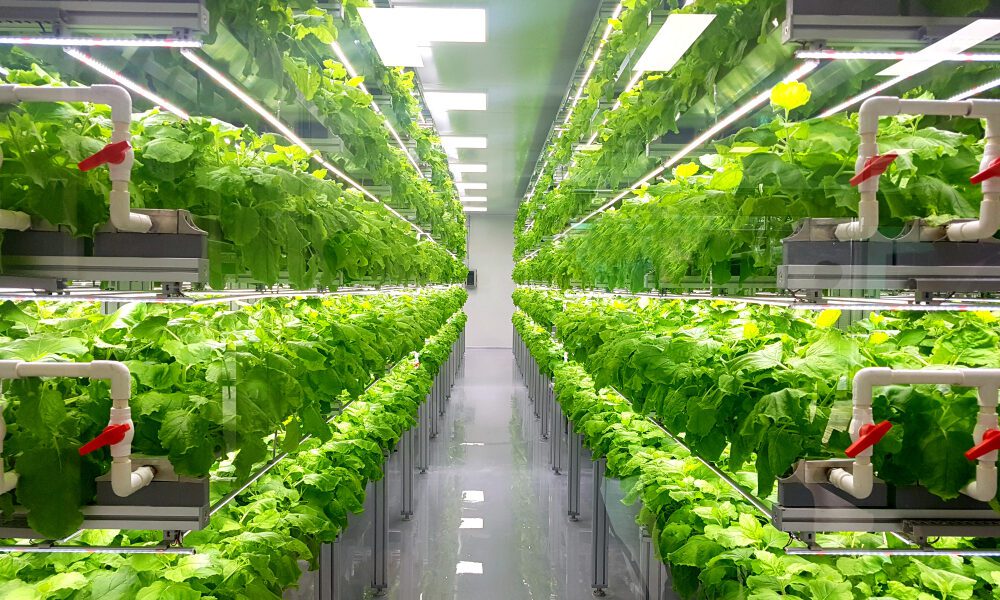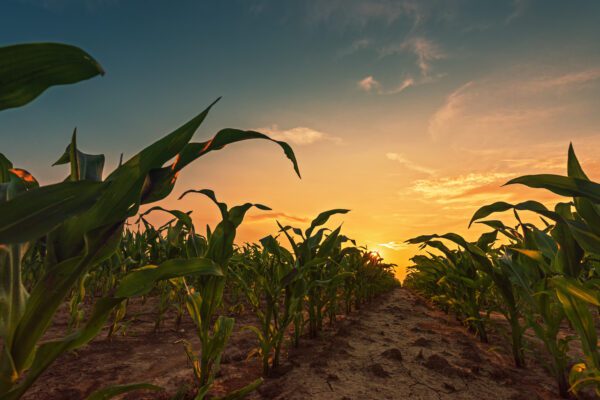
6 Technologies That Are Changing The Energy Future of Agriculture
Developing agriculture technology is key to transforming the way we grow the food we need, while achieving a greener farming future.
Agriculture is one of the most energy intensive industries and makes up ten per cent of total Greenhouse Gas (GHG) emissions in the UK. Developing agriculture technology is key to transforming the way we grow and maintain the level of food we need while achieving a greener farming future.
Here we explore six technologies that are changing the energy future of Agriculture.
1. Precision agriculture
Precision agriculture is a resource management strategy that collects, processes and evaluates data. Offering insights to farmers for better optimisation and improved soil quality and productivity. This agriculture technology relies on remote sensing systems, drones, robotics, and automation to improve efficiency, leading to higher productivity.
The data from these systems aids management decisions and helps farmers to control crop yield variables such as moisture level, soil condition and microclimates to maximise output. These decisions improve farmland use through application across:
- Resource use efficiency
- Sustainability
- Profitability
- Productivity
- Quality
2. Vertical farming
Traditional farming requires a vast amount of land to produce crops. Whereas indoor vertical farming offers a much greener and more efficient way of growing. Vertical farming involves growing produce stacked above one another in a closed, controlled environment. This way of growing produce reduces the amount of space needed and can eliminate the use of soil through hydroponics or aeroponics.
By growing produce in a controlled environment, farmers can control every variable including light, temperature, water and sometimes, carbon dioxide levels. The closed environment also restricts pest and enables better control of disease outbreaks. The result is bigger and healthier yields as well as reduced water consumption and labour costs.
3. Farm automation and agricultural robotics
Robotics are changing the world as we know it, and that is no different for the agricultural industry. Robotics are being more widely adopted in the industry. From planting, identifying, and sorting seeds, to weeding, harvesting and even autonomous tractors.
Bringing together machinery, computer systems, electronics, chemical sensors, and data management to automate and improve equipment operation helps reduce human input and error. Automation within agriculture can reduce labour time, generate higher yields, and increase resource efficiency allowing farmers to focus on more critical tasks and functions and leaving the recurring tasks to farm automation.
4. Minichromosome technology
The demand for food is growing each year which means crop production must also increase to meet this demand. Droughts and extreme weather can destroy entire harvests which causes problems throughout the food chain.
Genetically modified food has filled many gaps in the food chain, but it has raised concerns that it may be linked to several health risks. However, agriculture geneticists are now applying minichromosome technology to enhance a plant’s traits without altering its genes in any way. This means that plants could become more drought tolerant or resistant to pests without interference of its natural development.
5. Farm management software
Farm management software can help provide farmers with real-time data and information for tracking activities and improving decision-making throughout their operations.
It can help to streamlines processes allowing for seamless collaborations between connected devices. From procurement, supply chain, finances and processing; the innovation from this technology will advance the sector as internet-enabled devices become the norm in agriculture.
6. Water management technology
Farming and agriculture use a huge amount of water to grow and process crops. Irrigation is critical to farming, but many farmers use more water to irrigate their fields than necessary.
Flood irrigation also has the potential to overwater plants and carry excess fertiliser into streams and lakes, contaminating freshwater sources. Delivering water to crops in a sustainable way, for example, through a micro drip irrigation system, allows water to drip slowly to plants’ roots without wasting excess water and allowing crops to thrive.
Inspired’s experts can support your business’ energy needs and work alongside your business to achieve its net zero and carbon reduction ambitions. Learn more about what we can do for you by contacting us on 01772 689 250 or email us on [email protected].
Follow along with Inspired’s COP27 coverage, including social media, articles, coverage and sign up for daily updates straight to your inbox on our COP27 Insights Hub.










